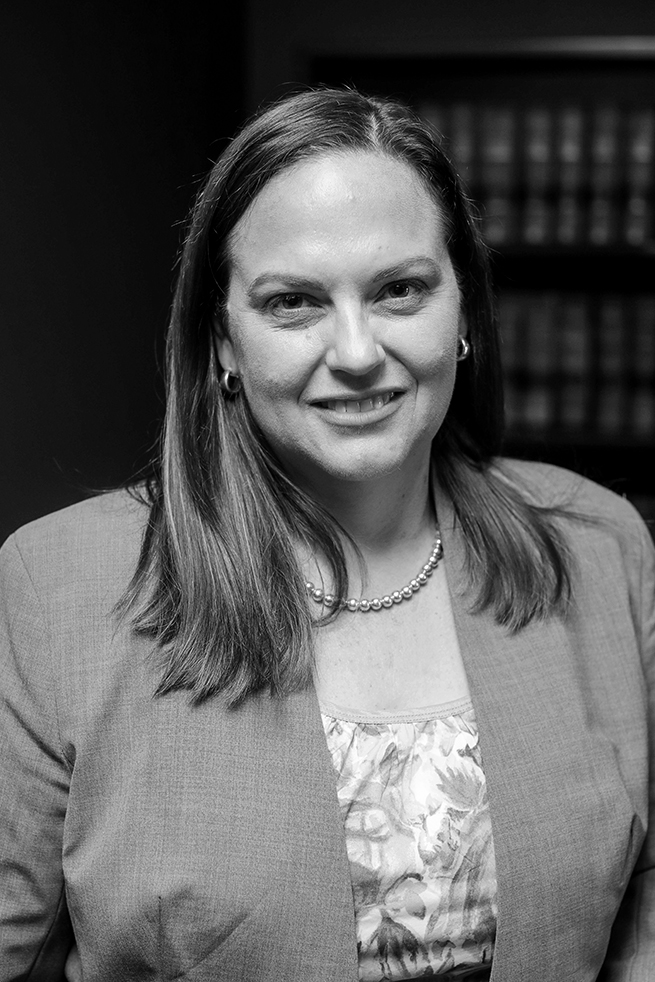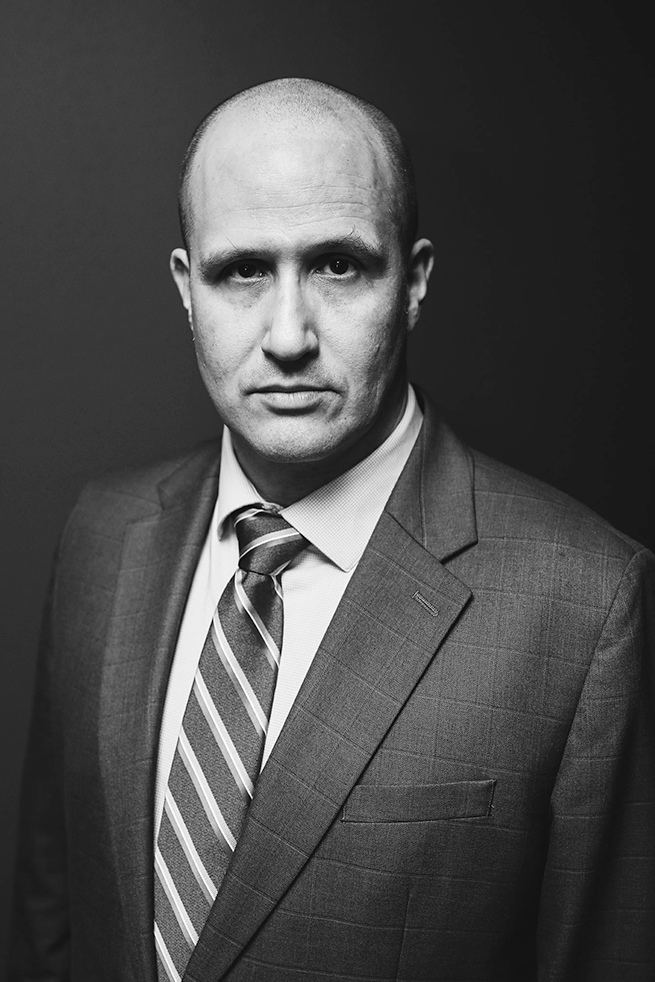Wisconsin Will Creation & Execution
Our experienced estate planning attorneys are here to guide you through the process of creating or updating your will. We'll help you navigate the important decisions, such as choosing an executor and determining asset distribution, while ensuring all legal requirements are met. Our team will work closely with you to understand your unique family structure and goals, draft a comprehensive will, and oversee its proper execution. With our expertise, you can have peace of mind knowing your will accurately reflects your wishes and stands up to legal scrutiny.

What Happens if You Die Without a Will?
Without a will, the default distribution rules apply, which may not align with the deceased's wishes. For example, a long-term partner or close friend might be excluded from inheriting, while estranged family members could inherit instead. A will ensures property is distributed according to the deceased’s preferences and includes loved ones who might otherwise be overlooked. A will also designates an executor (or “personal representative” in Wisconsin), who manages the estate. Without a will, there may be conflicts among heirs over who should serve as executors, potentially leading to disputes and complications. In Wisconsin, if someone dies without a Will, their property is distributed through probate according to a hierarchy of heirs:
- Spouse: If married, the spouse is the primary heir.
- Children: In a blended family, both biological children and step-children may have claims.
- Parents: If unmarried and without children, the deceased’s parents inherit.
- Siblings: If parents are deceased, siblings are next in line.
- Extended Family: If there are no surviving siblings, the estate goes to aunts, uncles, and cousins.
Do Wills Save Money on End-of-Life Expenses?
No, wills do not outright save you money on end-of-life expenses. Final credit card bills, funeral and medical bills, and other such costs likely exist whether you have a will or not. Your estate is due to pay them under the law. Having a will can streamline the probate process and settle disputes between family members over how to manage and distribute your property, saving legal costs and potential probate litigation. Probate avoidance tools, such as trusts or transfer on death designations, are more relevant and even better at saving on legal fees against your estate than merely having a will alone.

Get Started on Your Will Today
Create a plan for your family’s future today. Contact our Wisconsin estate planning attorneys for assistance in last will & testament preparation.
























